This Room was Entirely Furnished with Garbage off the Streets [VIDEO]
2014.03.13
When Central Saint Martins College of Arts and Design in London needed to furnish an entry room, it went to the street and found curbside trash instead.
“I imagined a situation where we were hunters going around London trying to find what we need,” says recent graduate Paulo Goldstein, who was commissioned to design the space by college head Jeremy Till. “We needed 10 different chairs, so we divided London into areas, made a map, and explored until we found them.”
Five days later, the team had found broken chairs and tables and tied them together using 300 meters of rope to create furniture that was entirely unique.
“The way I’m repairing is the most absurd way,” Goldstein explains. “With most repairs, you have a piece with a certain aesthetic, it gets broken, and normally someone fixes it by trying to go back to the original state. The way I repair is the opposite: I give back the functionality, but there’s a lot of time and effort used to produce a new piece.”
Goldstein started experimenting with repairs a few years ago, after the financial crisis cost him his job. “There was a strong feeling of not being in control of anything,” he says. He went back to school, and his M.A. project, Repair Is Beautiful “focused on the potential of making and the obsession of craftsmanship--trying to control the pieces of material that you have around you.”
This new project builds on his earlier work. "In a couple of months, your computer will seem obsolete and you'll buy a new one, or the next iPhone will come out," he says. "We keep consuming more and more. But once somebody starts making--using the potential humans have to be creative, to produce tools, to make something we really need or want--you're going against the whole system."
Goldstein hopes that more people will start creatively recycling things off the street instead of shopping. "It's a way to fight the idea that we're supposed to throw things away or produce more and more stuff that won't last."
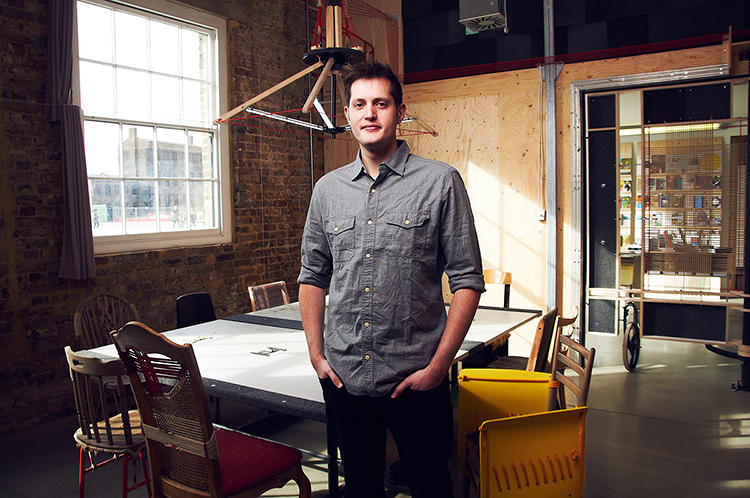
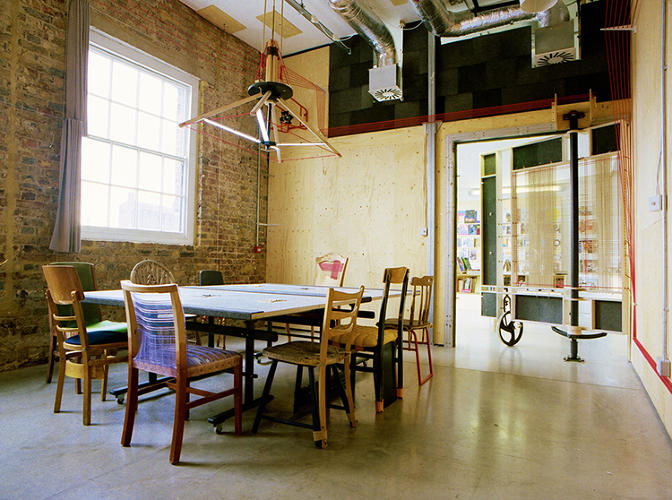
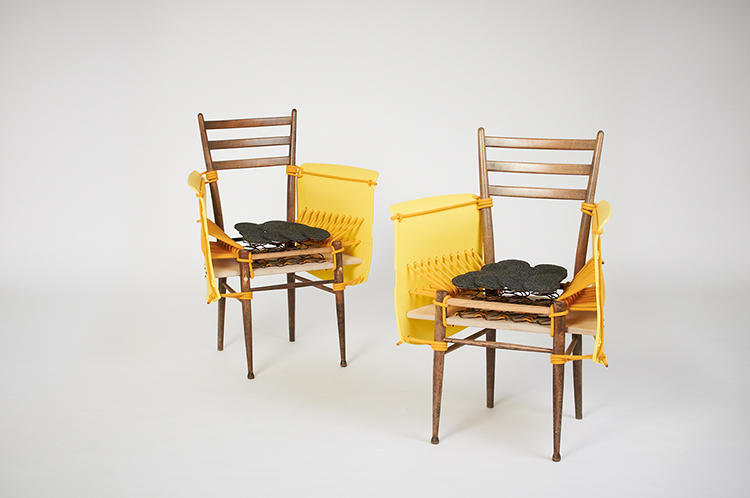
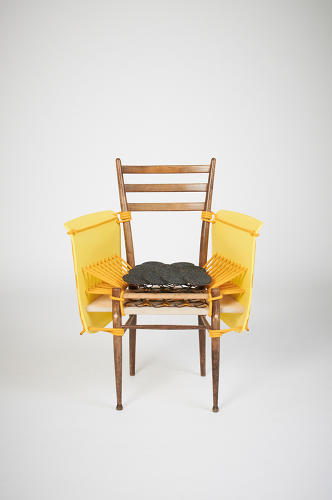
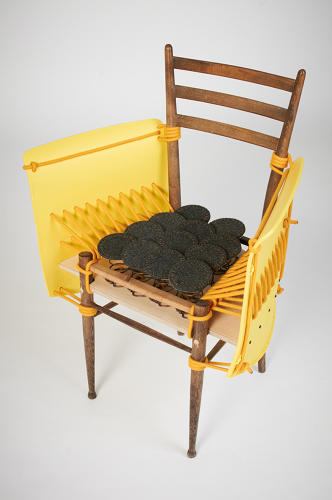
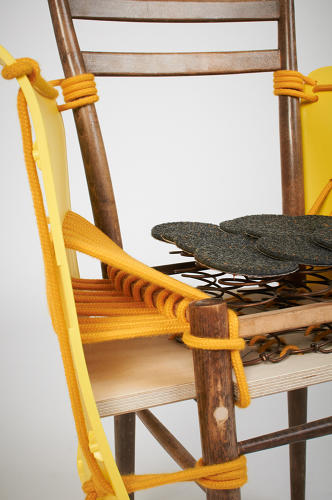
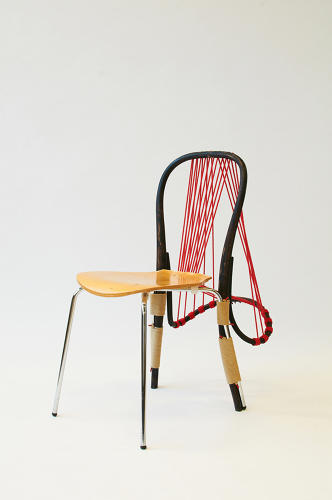
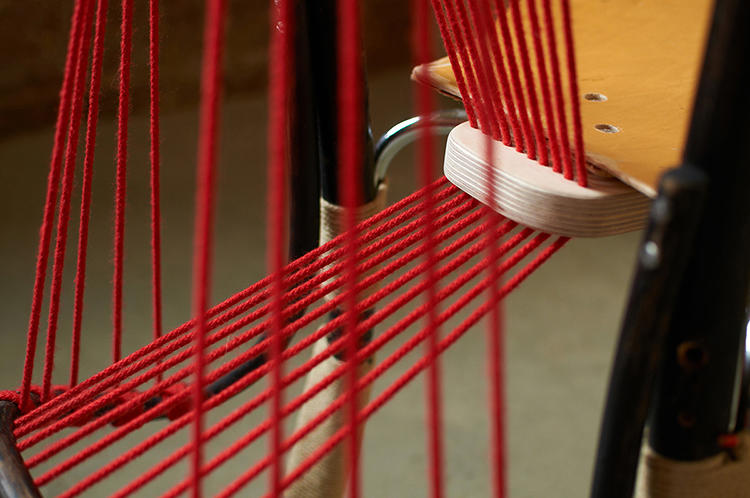
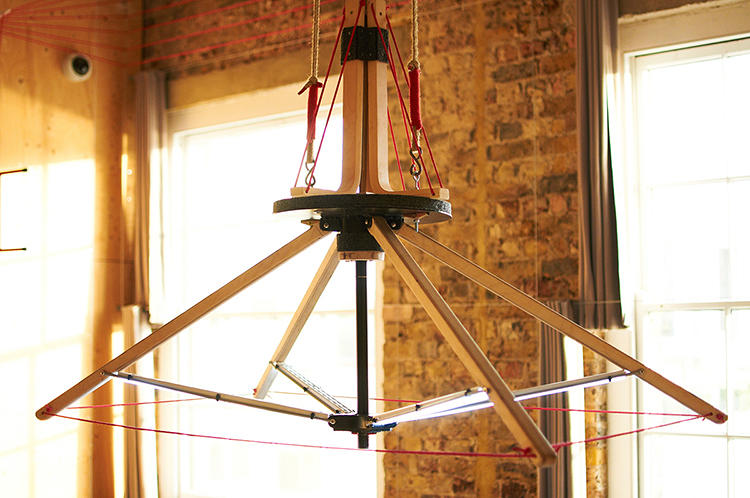
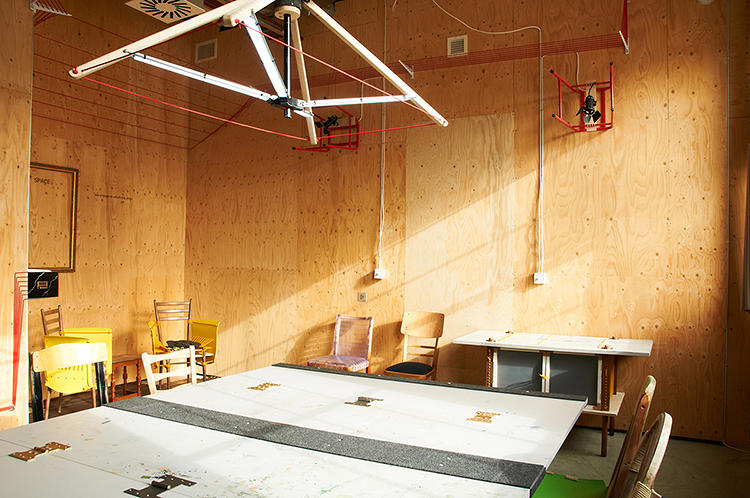
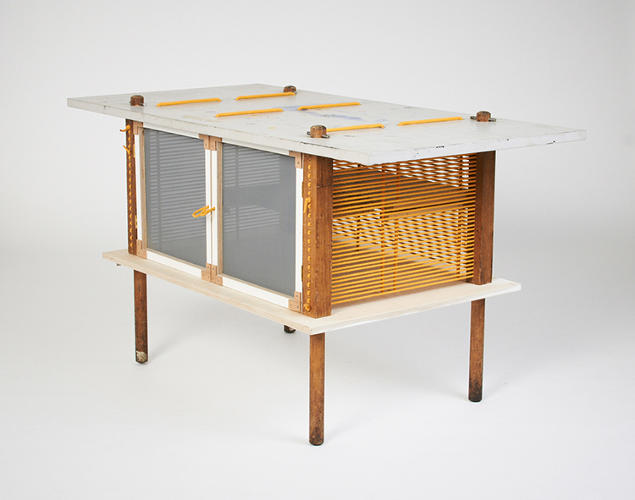
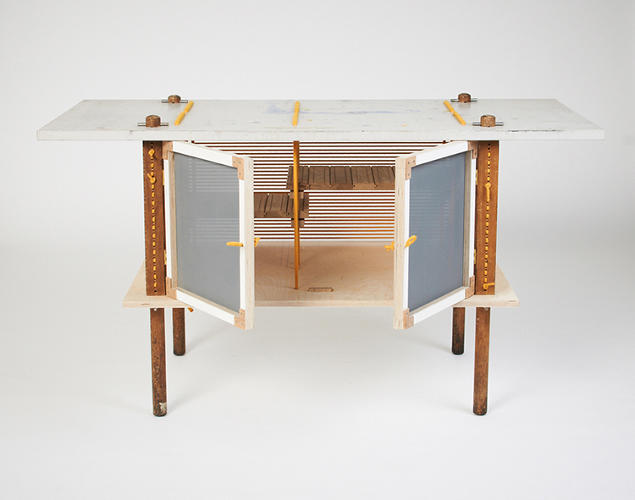
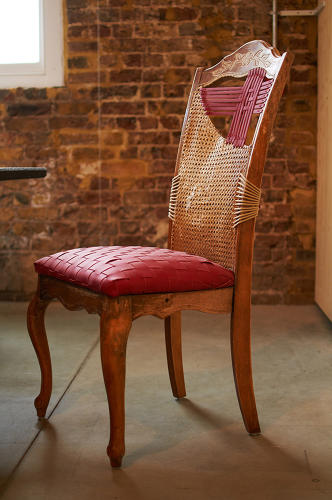
More Articles
Copyright © Fooyoh.com All rights reserved.